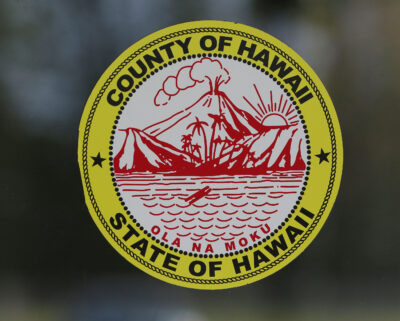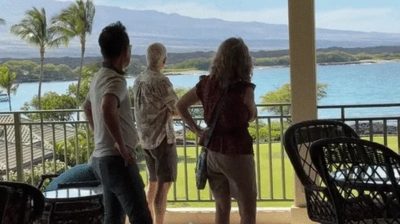Kai and Emil | Updated Dec 21, 2025
Hawaii County has taken a decisive step in reshaping the rules for short-term vacation rentals (STVRs). With Bill 47 signed into law on June 23, 2025, homeowners across the Big Island need to prepare for a major shift that takes effect December 20, 2025. This law governs rentals lasting less than 180 consecutive days, impacting both hosted and unhosted STVRs for the first time. (As of Dec 21th, the County is likely to push back to July 2026 to give operators more time ot comply)
What Makes This Law Different?

For years, Hawaii County’s regulations largely focused on unhosted rentals—properties where the owner does not live onsite. Hosted rentals, such as an ohana unit or a room within a home, were often seen as “safe” from strict oversight. Bill 47 changes that. Now, hosted STVRs must also register, pay fees, and comply with county rules.
Another common misconception is that STVR laws only apply to rentals shorter than 30 days. That’s not the case. The threshold is 180 days, and the Transient Accommodations Tax (TAT) also applies to any rental under that period. Bill 47 aims to eliminate confusion and strengthen enforcement.
Registration Requirements

Every STVR operator—whether hosted or unhosted—must register with the county and provide:
- Street address and property details
- Number of bedrooms available for rent
- Proof of compliance with health and safety codes
- Proof that property tax and TAT payments are current
Fees:
- Hosted STVRs: $250 registration | $100 annual renewal
- Unhosted STVRs: $500 registration | $250 annual renewal
- Late renewal: $90 penalty
Registrations expire 90 days after a property changes ownership, requiring new owners to re-register.
Enforcement & Penalties

The county is taking compliance seriously. Key enforcement measures include:
- Joint liability: Both the owner and host are responsible for violations
- Fines for unregistered or noncompliant rentals
- Liens can be filed if fines go unpaid for more than a year
- Cease-and-desist orders if registrations are canceled due to false information, code violations, or unpaid taxes
For homeowners who rely on STVR income, this means strict attention to compliance is no longer optional—it’s mandatory.
Airbnb, VRBO, and the Role of Platforms
One of the most significant changes is how the county is leveraging third-party hosting platforms:
- Platforms must register with the county ($1,000 fee)
- Monthly reporting of all STVRs, including tax map keys and registration numbers, is required
- Noncompliant platforms risk fines, daily penalties, or being ordered to remove listings
In effect, the county is using Airbnb, VRBO, and similar companies as compliance partners, making it harder for unregistered rentals to slip through the cracks.
Why Bill 47 Was Passed

Supporters of the bill point to the pressure STVRs place on the local housing market. By limiting the number of properties used for short-term stays, they hope to preserve long-term housing options and address affordability concerns. Proponents also argue the law will reduce scams, protect visitor safety, and ensure fairness in tax collection.
Opponents, however, view the measure as overreach—arguing it burdens homeowners already struggling with high living costs and shrinking demand for vacation rentals. The debate reflects the broader tension between preserving housing for residents and supporting tourism-driven income.
What Homeowners Should Do Now

If you operate a short-term rental on the Big Island:
- Prepare to register before the December 20 deadline.
- Keep tax records current, including both property tax and TAT.
- Confirm your property meets safety codes and maintain documentation.
- Track platform compliance—ensure your Airbnb or VRBO listing is linked to your county registration.
- Plan for renewals and ownership changes so your registration doesn’t lapse.
Final Thoughts

Bill 47 represents a turning point for Big Island homeowners. Hosted STVRs are no longer exempt; the 180-day threshold is now explicit, and platforms themselves are part of the enforcement strategy. For homeowners who depend on rental income, compliance will require more effort—but it will also create a more level playing field across the island.
Ag (Agricultural Zoned) properties are not currently being addressed in Bill 47. The economic study requested by the planning commissions has been released, and the longer-term goal appears to be eliminating hosted rentals on Ag properties and requiring special permits for them. It hasn’t taken effect yet, but it’s very likely to happen at some point, according to our trusted expert sources.
Bill 9 was signed into law in December 2025. This is something we want to keep our eyes on.
If you’re unsure how these changes affect your property or your long-term plans, let’s connect. Having worked with homeowners and investors through numerous market shifts, I can help you navigate the new rules while keeping your goals at the forefront.



